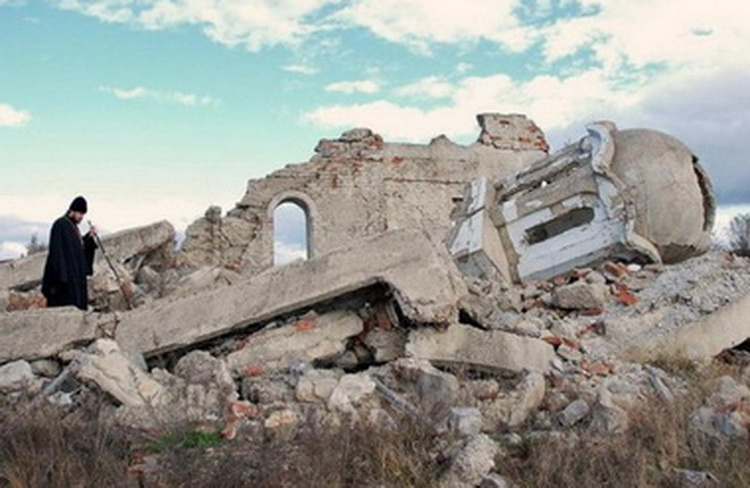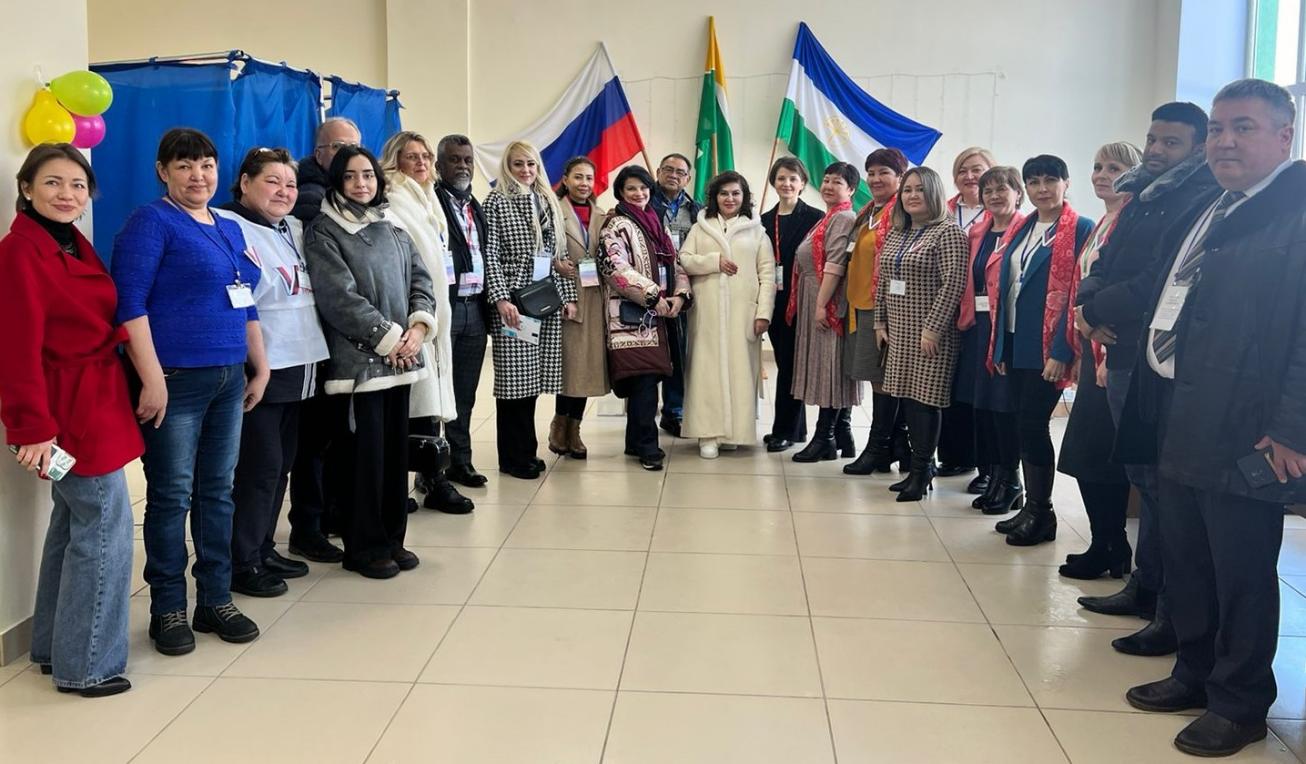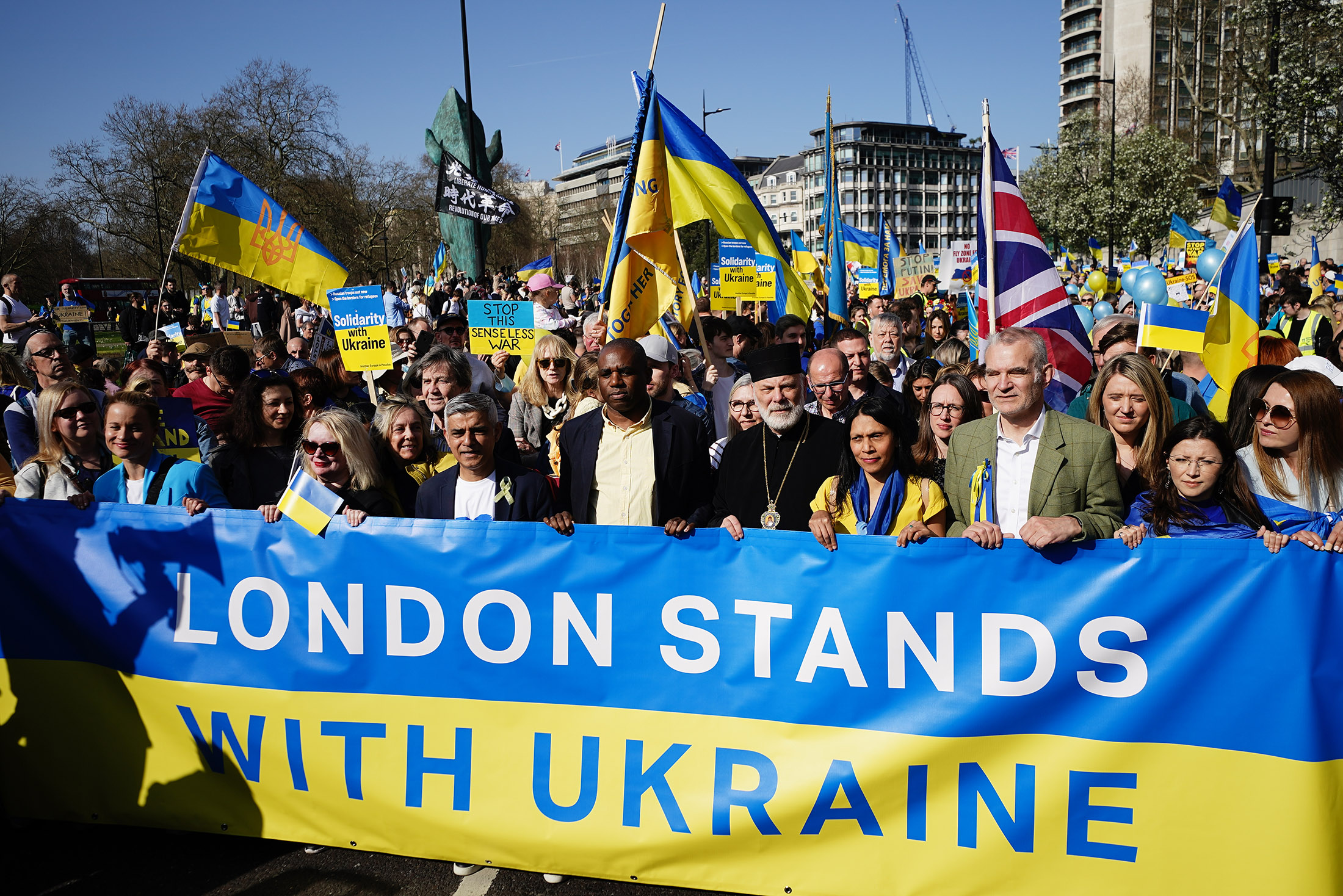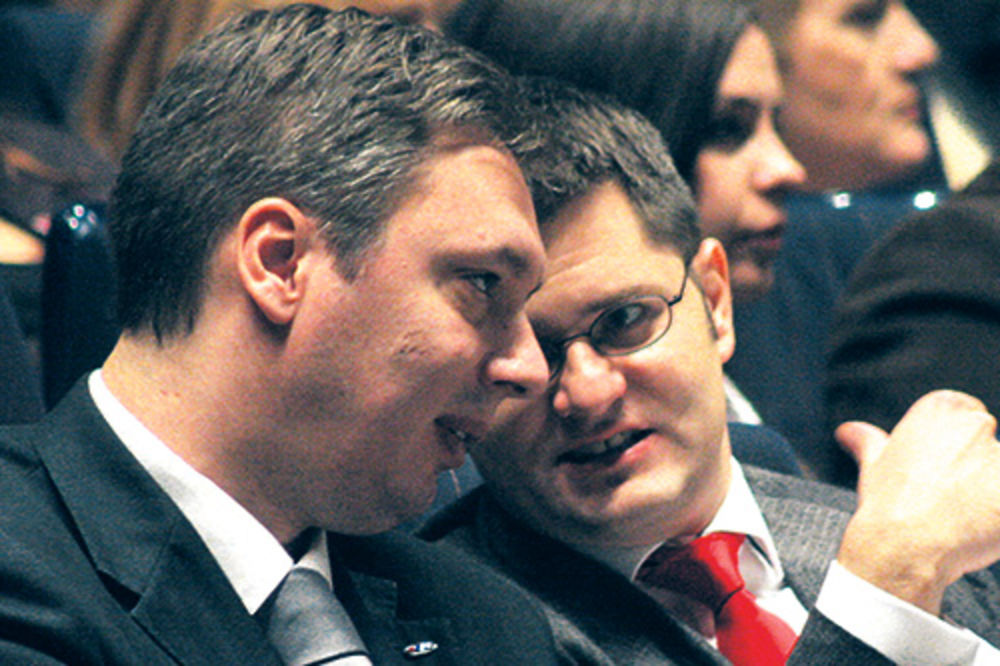Drago Vučković: cinq processus du Monde qui vont marquer cette année
Dragoš Vučković, expert économique du Centre d'études géostratégiques
Il y a une bonne raison de la peur et de la méfiance que nous avons rencontrés cette année. Il sera à bien des égards, l'un des points tournants de l'histoire du monde, car il va certainement déterminer et marquer la poursuite du développement et le devenir des principaux processus du Monde dans un long intervalle de temps. Cet examen sera de seulement essayer de les nommer et de les rayer de la surface, parce qu'ils sont tellement complexes et complexes, que chaque individu a besoin d'une manière approfondie et une analyse à long terme. Bien sûr, cette année sera aussi le plus grand choix de l'année dans l'histoire du monde, où plus de la moitié de l'humanité, ou autant que 4,2 milliards de personnes, aura le droit de vote, qui ne fera qu'accélérer le monde existant de transition, qui est, la grande reconfiguration de la géopolitique.










